みなさん、こんにちは
フルーツフルイングリッシュのネイティブ講師Simon先生がお届けする英語ブログで学ぶ使える英語表現をシリーズでお届けしています。
今回のブログは、先生の最近のエピソード、Our First Family Camp「初めての家族キャンプ」をお届けします。
英語ブログを読もう!Our First Family Camp「初めての家族キャンプ」
Hello, this is Simon.
This summer break we went on our first family camp. It was a one night stay in a campground in Nakatsugawa, Gifu, in the sticks. We decided to stay in a bungalow, which wasn’t exactly roughing it, but it was our first time so we thought it would be a good way to start.
It was a great experience for our kids because they got to do a number of things for the very first time. We played in a river, which required clambering down large boulders to get to. The river was about waist deep in parts and had a fairly swift current. This element of danger made us feel like we really were in the great outdoors. We had a very fun time paddling, wading, swimming and trying to catch tiny fish.
Another first for my kids (and me) was “Suikawari”, which is where we each tried to split a large watermelon with a wooden sword, while blindfolded. The kids shouted commands to the person holding the sword, however they deliberately sent the adults off in the wrong direction, so not one of us even came close to hitting the watermelon. It was a real breath of fresh air to play such a simple yet fun game after so long.
We had a BBQ, followed by fireworks when it got dark. My son was too scared to hold one, but after a while he managed to muster up the courage to do it. He got so immersed in swinging his flaming stick around that he failed to notice the friend of ours standing right beside him. The firework made contact with his shirt, but fortunately his reactions were fast, and he moved out of the way in a flash, so nothing caught fire.
Next was bath time, and I was surprised to find that the campground had its own outdoor bath which overlooked the river. This was another first for my son, who is used to a very cramped style of bath. He squealed with delight as he jumped around in the large open pool.
Finally, it was time to bunk down. It had been a long day, but an enjoyable one. I checked my watch, expecting it to be past midnight, and was shocked to see that it was only 10 o’clock. I don’t think I’ve been to bed that early in years.
As they say, early to bed early to rise. I woke up at about 5:30 with the sun, so took the chance to have a wander around the campground while it was quiet. One by one my fellow campers woke up. We had a hearty breakfast and started our packing. We hit the road at about 9:00 and began our slow journey through the windy mountain roads, headed back home. It was a pleasant drive and a nice way to end our trip.
I don’t often get the chance to get back to nature these days, but I feel I should try to do it as much as I can. Just that one night stay was one of the most valuable experiences my kids have had in a long time.
ーそれでは、本文の中からピックアップした英語表現を見てみましょう!
“in the sticks”
This expression means “in a very remote location”
(e.g. I don’t get to visit my friend very often as he lives way out in the sticks.)
Another variation is “in the middle of nowhere”
(e.g. The campsite was in the middle of nowhere, but it was worth it for the peace and quiet.)
“roughing it”
To “rough it” means “to camp or live in basic conditions without the usual comforts”
(e.g. We really enjoyed roughing it for a few days in the wilderness.)
“the great outdoors”
This expression refers to “the natural environment, especially as experienced during camping or hiking
(e.g. We spent the whole weekend enjoying the great outdoors and reconnecting with nature.)
“breath of fresh air”
This expression describes experiencing “a refreshing change, often from the outdoors”
(e.g. Camping was a breath of fresh air after being cooped up in the office all week.)
“bunk down”
To “bunk down” means “to settle down and prepare for sleep, often in a shared space”
(e.g. We all bunked down in our sleeping bags after a long day of hiking.)
“get back to nature”
This means “to experience the outdoors and disconnect from modern life”
(e.g. Our trip was a great way to get back to nature and take a break from city life.)
I hope you all had a nice relaxing Obon!
See you next month!

Hello! My name is Simon.
I am from New Zealand, and have been living and teaching English in Japan since 1999.
My hobbies include movies, playing the guitar, gardening and hiking.
※このブログでは英語学習に役立つ情報アドバイスを提供していますが、本ブログで提供された情報及びアドバイスによって起きた問題に関しては一切、当方やライターに責任や義務は発生しません。
※ここでの情報や助言を参考に英文を書いたり下した判断は、すべて読者の責任において行ってください。ここに掲載されている記事内の主張等は、個人の見解であり当社の意見を代弁・代表するものではありません。
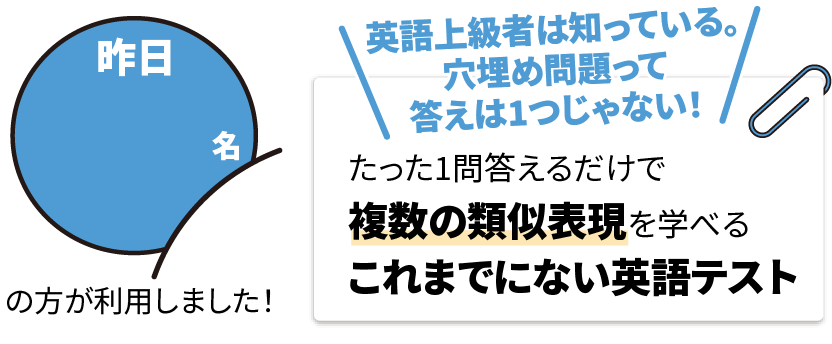




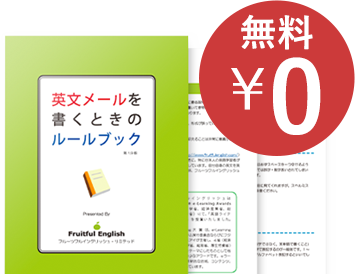
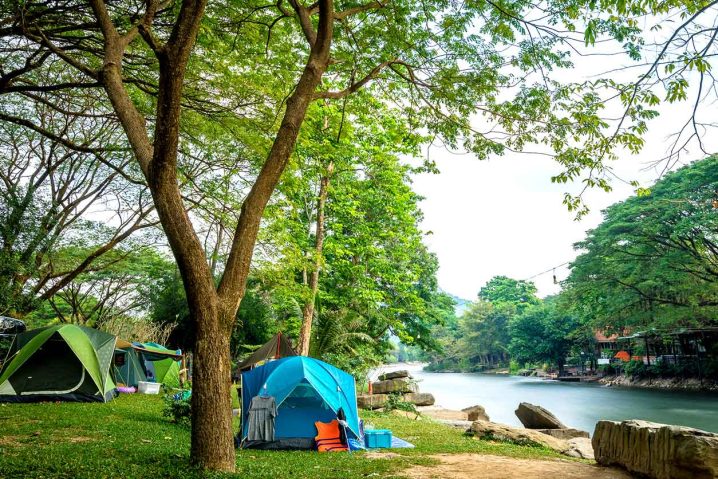

 (1 イイネ!が押されています)
(1 イイネ!が押されています)






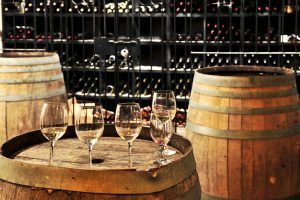




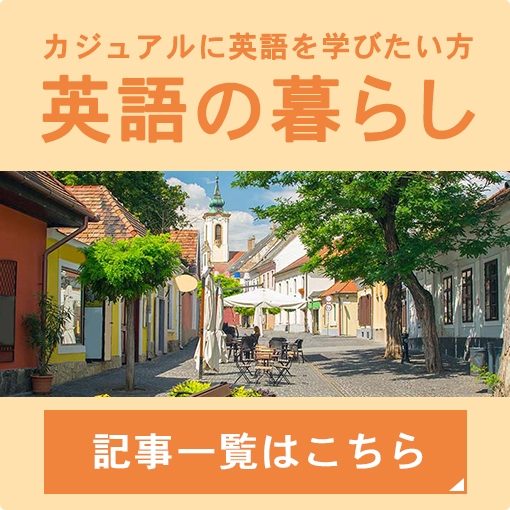





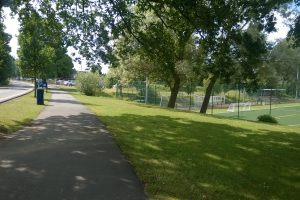
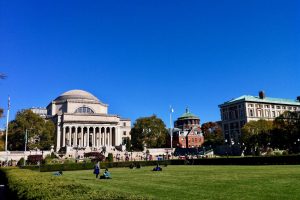
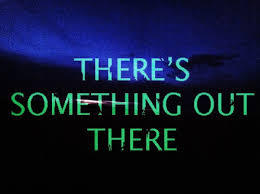








コメントする